"A continuing threat to the rule of law, the independence of justice and the non-fulfillment of conditionality for EU funding in Hungary" was the title of the MEP debate during the European Parliament's plenary week in Strasbourg.
Representing the Commission, Justice Commissioner Didier Reynders acknowledged that Hungary has taken reform steps along the lines of expectations, but noted that in cases such as LGBTQ+ issues and the Child Protection Law, the expectations have not been met. The commissioner emphasized that
The new Hungarian law of June 1 is an important step in the right direction. However, it is not the end of the process. (...) While a lot has already been done [by Hungary], a few points remain open.
A wide range of liberal leftist-wing MEPs have voiced sharp, often quite unfounded criticisms of Hungary, including attacks on the now ongoing National Consultation Survey.
Right-wing MEPs said Brussels's problem is that Hungary has a real conservative government. Many argued that the EU was turning a blind eye to similar shortcomings in other countries, even though Hungary had already completed the necessary reforms.
Fidesz's MEPs also spoke out in the debate. According to Tamas Deutsch, the European left has embarked on the dirty power game in a bid to assist their comrades, members of the opposition Dollar Left in Hungary, while ignoring the country's sovereignty. Meanwhile, Mr Deutsch said
You blather on and on about the rule of law. The rule of law, for the greater glory of which illegal campaign funds from abroad could arrive unhindered to the dollar-financed leftist opposition in Hungary. You didn't have a single word to say about this serious political corruption. But on the other hand, in the name of political blackmail, you want to illegally withhold EU funds lawfully due to Hungarians.
The MEP's speech, which he concluded by saying "No war. No migration. No gender," was met with applause in the Parliament.
Hungarian Momentum party MEP Katalin Cseh, once again focused on criticizing the Orban regime, instead of demanding the money owed to Hungary.
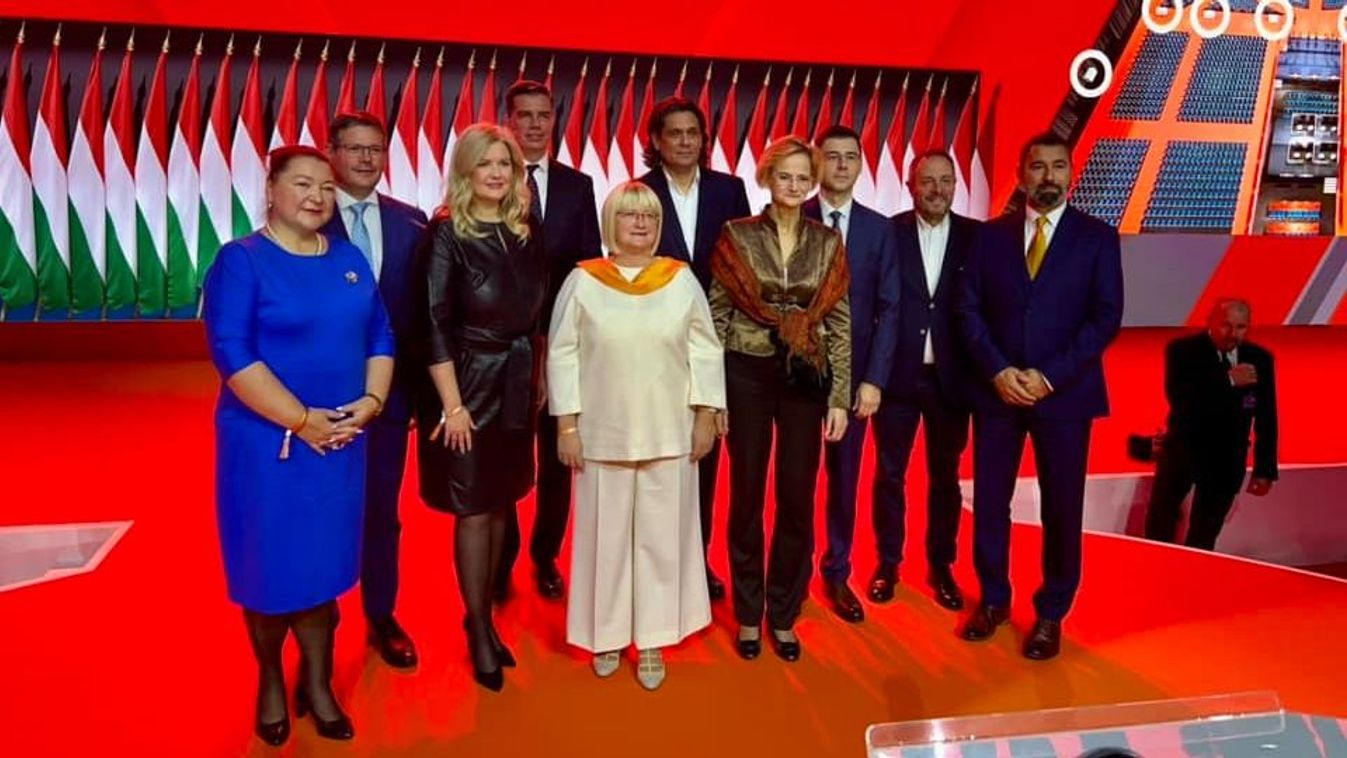

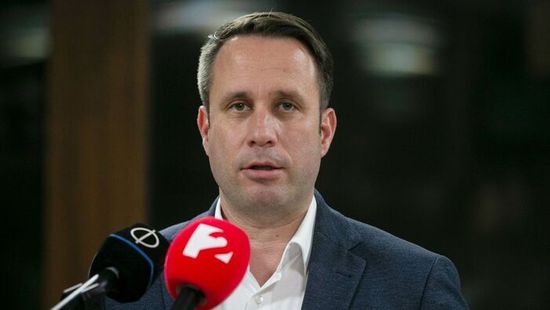
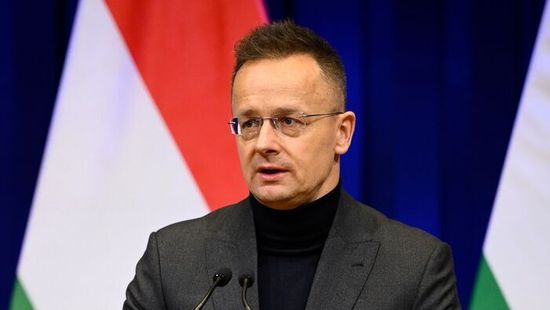








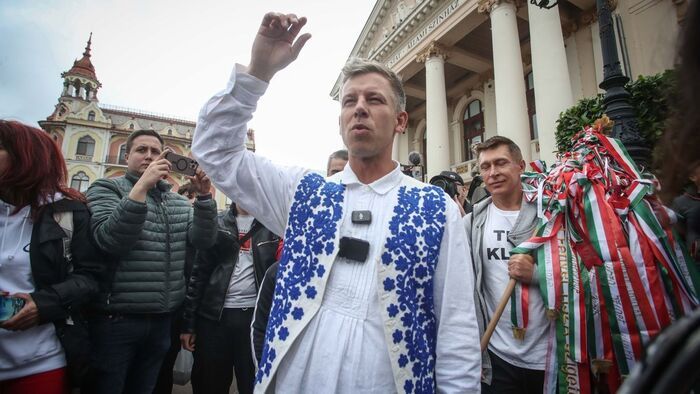


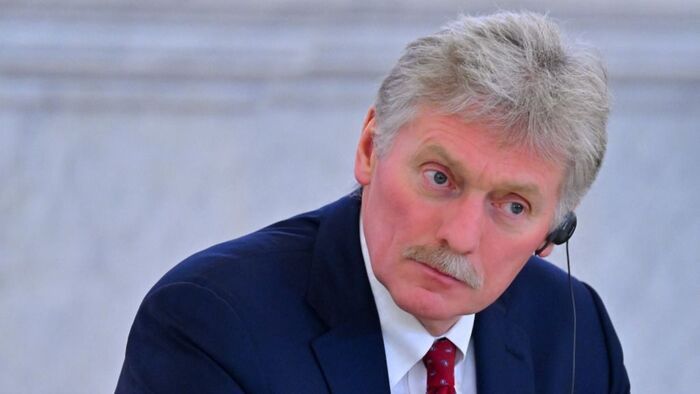

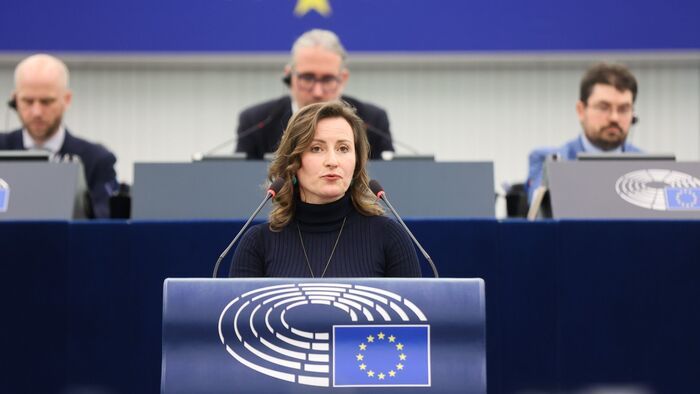




Szóljon hozzá!
Jelenleg csak a hozzászólások egy kis részét látja. Hozzászóláshoz és a további kommentek megtekintéséhez lépjen be, vagy regisztráljon!